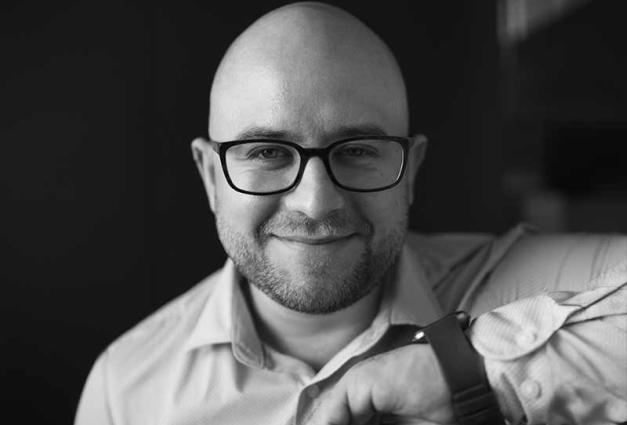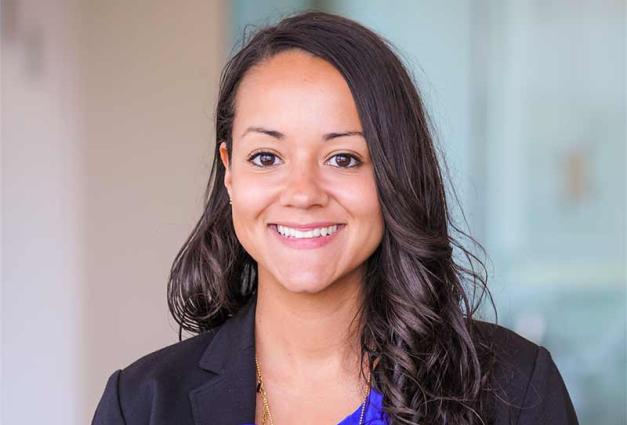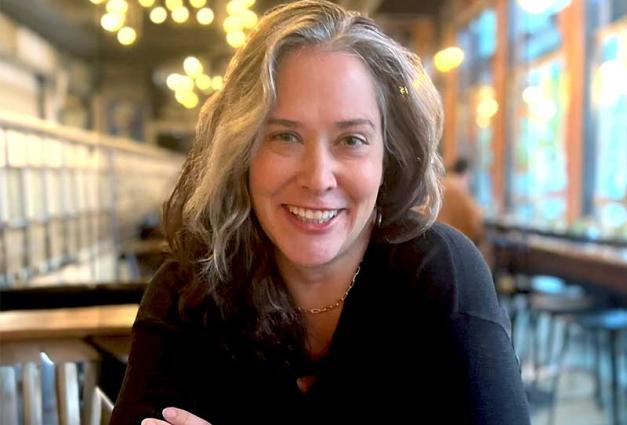Dr. Hansika Kapoor is Research Author at the Department of Psychology, Monk Prayogshala, Mumbai. She holds a PhD from IIT, Bombay and is the recipient of the Fulbright-Nehru Post-Doctoral Research Fellowship (2019-2020), and is an Affiliate at the University of Connecticut. Dr. Kapoor has been cited as a subject matter expert in numerous features on social and cognitive psychology in the Indian context. Hansika has also been featured in the book 31 Fantastic Adventures in Science: Women Scientists in India; she tweets @hansika_kapoor. To know more, please visit: www.hansikakapoor.in
What led you to choose a career in personality and social psychology?
In 2011, when I started subscribing to new journal issue alerts, I noticed that there were very few (if any) articles by authors based in India. Whenever I came across an "Indian-sounding name," I looked up the researcher and they were nearly always affiliated with a University in the West. I chose this career so that psychology researchers based in India after me could recognize an Indian name, who's based in India and does research with Indian participants!
Briefly summarize your current research, and any future research interests you plan to pursue.
Currently, my research is in two primary domains: dark creativity (aka how people get good ideas to do bad things) and misinformation in India. With respect to the first, I have a few ongoing studies intersecting with moral considerations of such dark creative behaviors, as well as a few theoretical book chapters on affect, deception, and dark innovation. With respect to misinformation, I'm working (with my past colleague Arathy Puthillam) on understanding how political ideology in India influences when and how misinformation spreads.
Why did you join SPSP?
Honestly, I joined SPSP only in 2020 because the convention was online for the first time due to COVID-19 restrictions! I value being a part of the psychological science community and everything that societies like SPSP do to ensure adequate representation from the world over. However, COVID-19 gave researchers (like me) working in low-resource environments a great opportunity to gain visibility at a huge convention like SPSP. Ever since, I've received an SPSP Small Research Grant as well as an International Bridge-Building Award that has helped build capacity for doing psychological science research in India!
What is your most memorable SPSP Annual Convention experience?
In 2021, I had about three "double days" where I stayed up till around 4 A.M. to attend live sessions in my time zone (IST). I suppose that was memorable for sleep-deprived reasons, haha.
Do you have any advice for individuals who wish to pursue a career in personality and social psychology?
One, always pay attention to the context where you and your research are situated! It is incredibly important to be aware of this so that you can generalize (or specify that you cannot generalize) results. Two, practice good data hygiene and update yourself with the latest advances in the open science movement.
What’s the best advice you have ever received?
From my postgraduate mentor: "Never do anything full-time—you'll get bored too quickly!" I've taken this advice very seriously and have been able to dabble around with teaching, academic research, applied research, academia-industry partnerships, clinical work as a psychologist, proofreading and typesetting work, and multiple consultancy engagements. You never know where the next idea might come from!
What career path would you have chosen if you had decided to not pursue psychology?
I used to sketch and draw cartoons when I was younger—so maybe an animator? I'd have also loved to become an art historian or a librarian.
Outside of psychology, how do you spend your free time?
I play Pokemon GO! It's a great way to stay active and explore new places. I also enjoy cross-stitching or baking whenever I have some time; although, lately free time has been hard to come by on account of my 6-month-old son!




